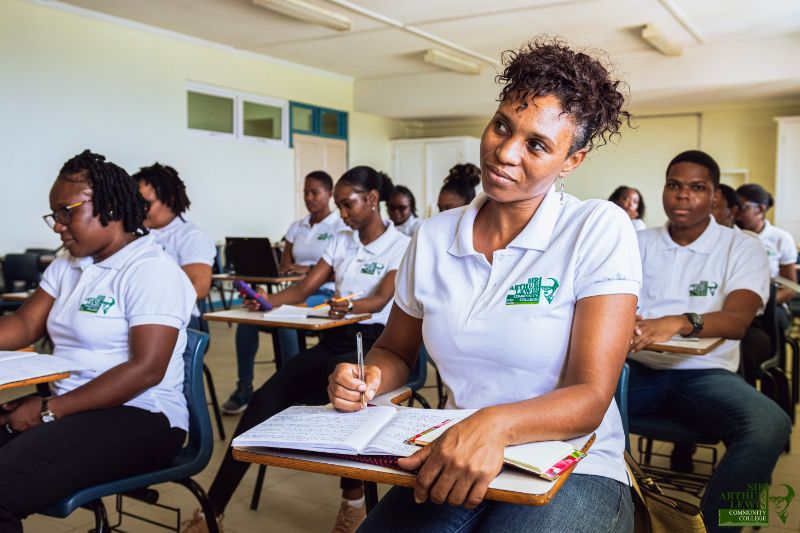About Sociological Thought and Change

Sociological Thought and Change highlights the relationship between human populations, the natural environment, and sustainable development.
Emphasis is placed on the importance of natural resources to the social, cultural and economic growth of societies, particularly within the Caribbean. Key topics of study include trends in population growth, urbanization and migration, food security, quality of life, and health within large communities.
Students of this programme learn to analyze critical issues relevant to social and environmental development.
Learning Outcomes
- Students learn to define the various types of laws related to the environment.
- Students understand the role of Geography within the humanities and social sciences.
- Students gain a wider knowledge of demographics, learning to examine the birth rate, death rate, and fertility rate of a population.
- Students are acquainted with the principle of social stratification, and learn to differentiate between open and closed systems.


